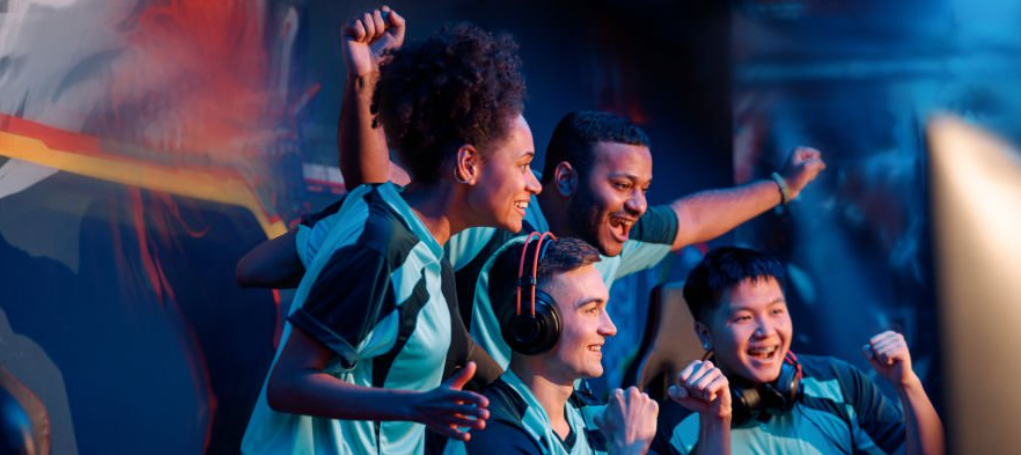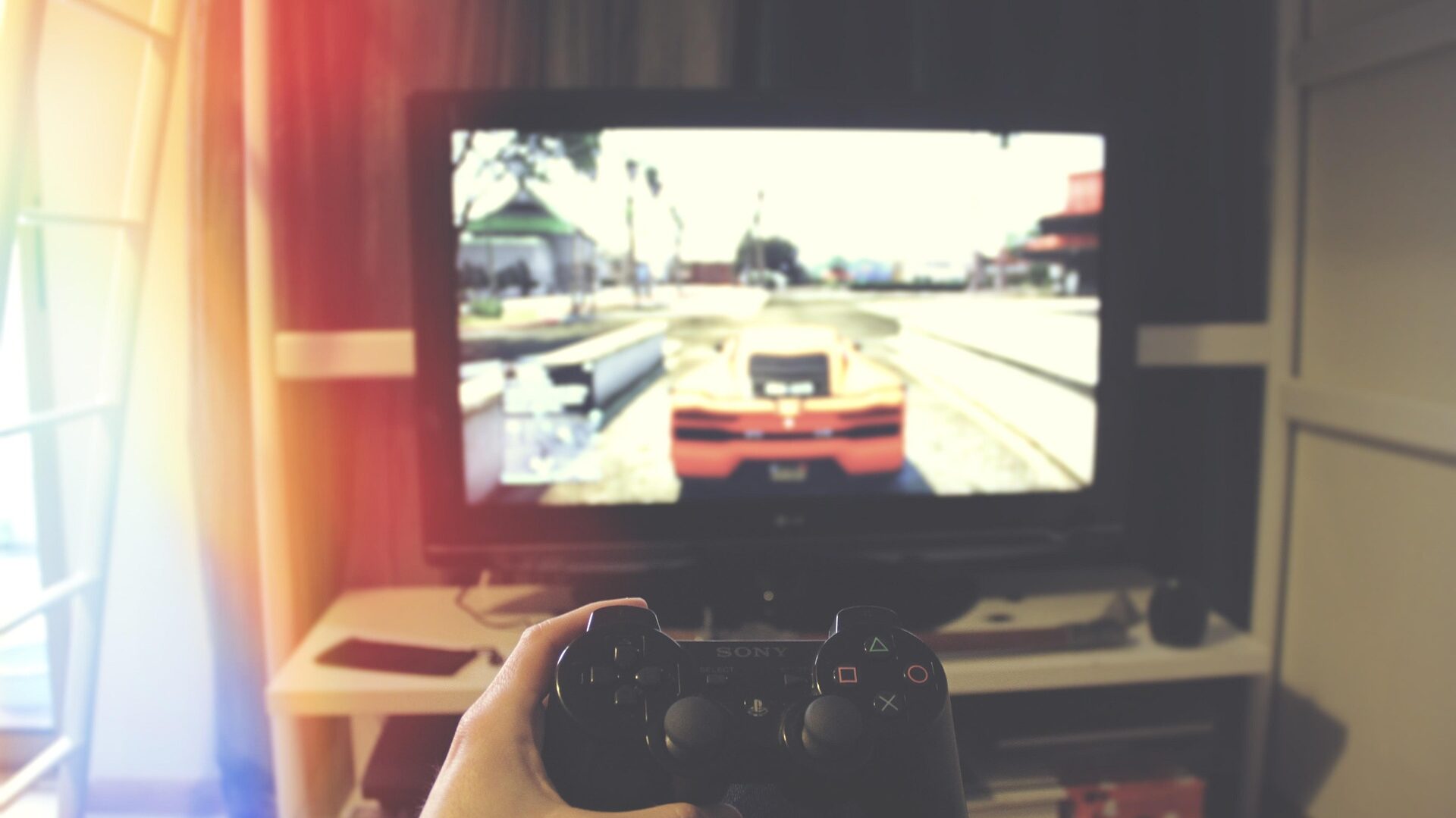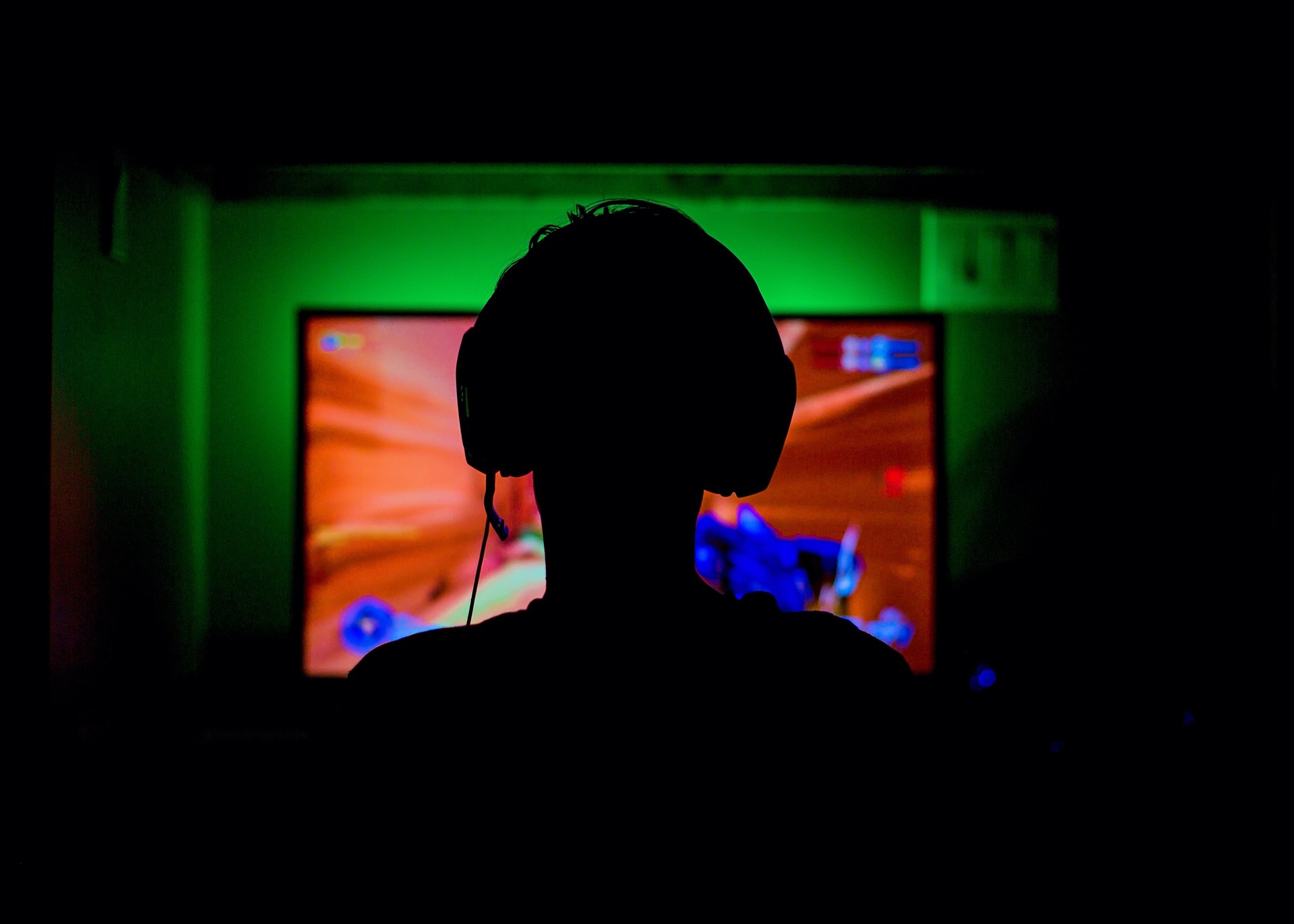For decades, video gaming has carried a reputation of being a distraction—something to be managed, rather than embraced. Parents and educators alike have often worried about its potential to pull students away from academics, social interactions, and healthy routines. Yet, recent research and pioneering school programmes suggest a very different story: when structured, supervised, and purpose-driven, esports can become a powerful tool for learning, community, and future readiness.
Breaking the Taboo of Gaming
The stereotype of gaming as “lazy” or “unproductive” is slowly being overturned by evidence. Studies have shown that surgeons who play video games regularly perform significantly better in laparoscopic skills tests—making fewer errors and working faster than their non-gaming peers (Rosser et al., 2007). Meta-analyses also reveal that gaming strengthens hand–eye coordination, visual processing, and motor skills (Gupta, 2021). In schools, esports programmes have been linked to enhanced teamwork, communication, and positive youth development, without negative impacts on psychological health (Zhong, 2022; Trotter et al., 2022).
What emerges from this body of research is clear: gaming, when guided and contextualised, can build real-world competencies that extend far beyond the screen.

Building Belonging and Well-Being
One of the most compelling reasons for bringing esports into schools is the opportunity it offers for inclusion. Not every student thrives in traditional sports or has the chance to represent their school at interscholastic events. Esports opens a new doorway: a space where students of all backgrounds, abilities, and interests can participate.
Through multiplayer team games like Minecraft Legends, students learn to collaborate, solve problems, and communicate under pressure. These are not just “gaming skills”—they are transferable qualities that shape leadership, resilience, and confidence. Just as important, esports gives students a chance to feel pride in belonging, contributing to the school community in a meaningful way.
Preparing for the Future
Esports is not a passing trend—it is part of a global industry worth billions, with career pathways in game design, digital media, event management, coaching, and more. Schools that embrace esports equip students with the digital literacy and teamwork skills that are increasingly demanded in higher education and employment.
At Lanna International School, our Esports Academy is designed to reflect this vision. What began as an after-school activity (ASA) is now evolving into a structured academy model, with potential for interschool competitions both in Thailand and internationally. Our students even have the chance to compete on the global stage, with opportunities like the School Esports World Championships. In preparation I have setup a Thailand Facebook Group for teachers to join in order to set up skirmishes and online events, but still in its infancy, in reality any school in SEA could join as we are all less than 50ms away.
Balance and Responsibility
Naturally, concerns about screen time and balance remain valid. At LANNA, our gaming policy ensures that esports never distracts from academics. Instead, the ASA provides a controlled, teacher-led outlet that helps students manage their gaming interest responsibly. The goal is not to encourage endless hours of unsupervised play, but to model healthy, balanced engagement where fun is matched with purpose.

Looking Ahead
The promise of esports in schools lies not in the games themselves, but in the learning and community they enable. By breaking old stereotypes, embracing research, and offering inclusive pathways, schools can turn gaming into an engine of growth—social, cognitive, and professional.
In the end, esports is not simply about playing. It is about preparing students for a world where digital collaboration, innovation, and resilience are the new cornerstones of success.
References
Rosser, J. C., Jr., et al. (2007). The impact of video games on training surgeons in the 21st century. Archives of Surgery, https://doi.org/10.1001/archsurg.142.2.181
Gupta, A. (2021). Can video games enhance surgical skills acquisition for minimally invasive surgery? Surgical Endoscopy. https://pubmed.ncbi.nlm.nih.gov/33419578/
Zhong, Y. (2022). The impact of esports participation on the development of coordination, communication and team cohesion. Computers & Education. https://www.sciencedirect.com/science/article/abs/pii/S0360131522002111
Trotter, M. G., et al. (2022). Examining the impact of school esports program participation on self-regulation, growth mindset, positive youth development, and health. Frontiers in Psychology. https://www.frontiersin.org/articles/10.3389/fpsyg.2021.807341/full

